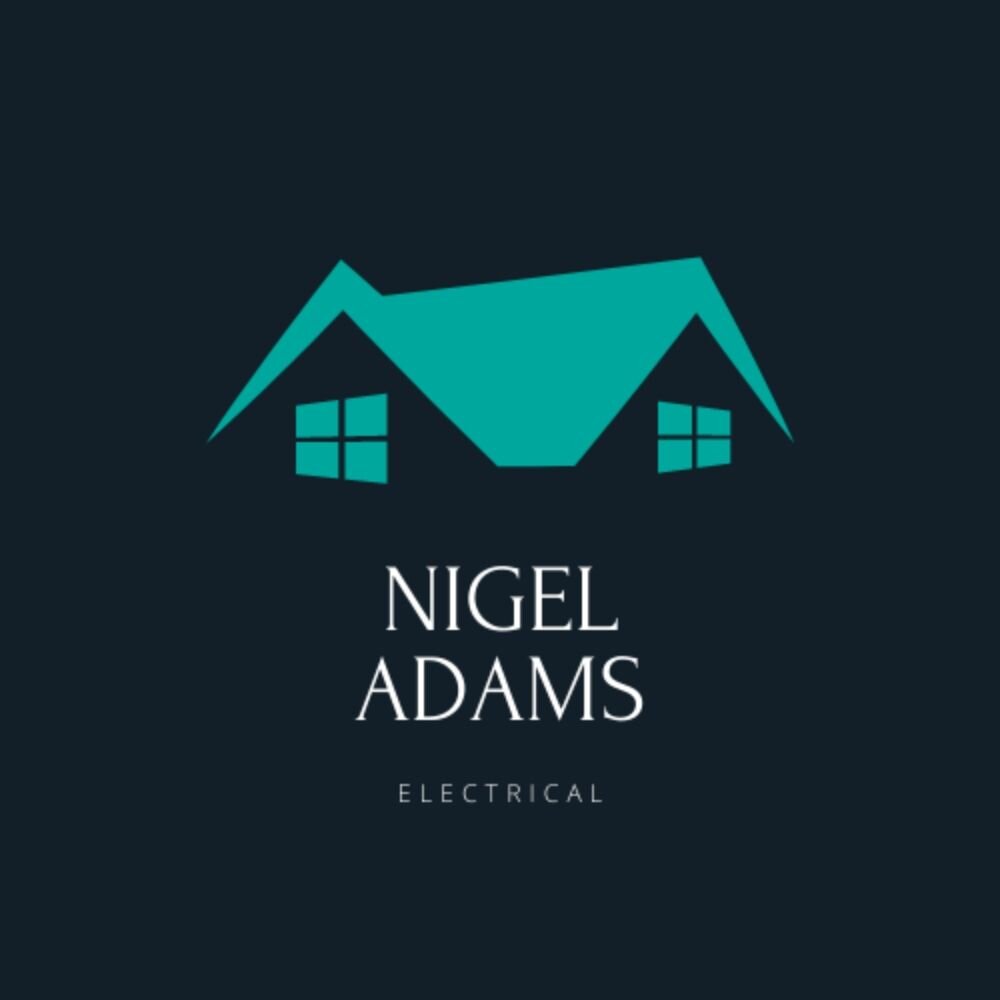Home To - Electrical DIY For Your Home
Anyone looking to do some DIY electrical work at home must make sure that all work complies with Part P of the Building Regulations which restricts DIY electrical work on grounds of safety. However, you are still allowed to carry out some work yourself without notifying Building Control.
Minor repairs and maintenance are permitted, such as changing existing sockets, switches and ceiling pendants or even replacing damaged cables. As long as the job isn’t within a ‘special location’ such as a bathroom or outdoors, you’re also allowed to install additional new light fittings, switches, sockets and even add a single fused spur to an existing circuit (a ‘spur’ is a new cable and socket run as a branch from an existing socket on the ring main).
Everything else, such as installing complete new circuits or changing a fuse board for a consumer unit, is classed as ‘notifiable work’ and requires a Building Regulations application to be made in advance so the work can be inspected and checked. However, in most cases the electrician can self-certify their work as they’re normally registered with a body that gives them the necessary ‘registered installer’ status (also known as ‘competent persons’) such as the ECA (Electrical Contractors Association) or NICEIC (National Inspection Council for Electrical Installation Contracting).
No matter the electrical work you need carried out, it is always recommended that you consult a trained electrician first and ideally have them do the work for you. That said, there are plenty of homeowners and landlords that like to take on electrical projects themselves, which is why we have compiled this list for you.
DIY errors cause half of all serious electric shocks in UK homes?
Almost 50% of men admit that they feel they should try and tackle household maintenance and repair jobs themselves or ask a mate before calling in a professional
But a recent survey discovered that nearly half of all severe electric shocks are caused by DIY attempts, with the main errors including cutting through power leads, drilling into wiring and repairing electrical items while they’re still switched on.
In addition, in a survey of registered electricians, a third said they had seen or been involved with fixing electrical DIY mishaps that had resulted in fires, serious electric shock or significant repair costs.
Here Are Our Top five tips for electrical DIY
Locate cables in your wall. A common DIY error is accidentally drilling, nailing or screwing things into cables hidden inside your walls. A quality cable detector can help you to track buried cables before you start work and avoid the risk of an electric shock.
Use an RCD (residual current device). An RCD can save your life by cutting off the power in the event of an electrical fault caused by a DIY blunder. Make sure you have one fitted in your fusebox (consumer unit), and where necessary use a plug-in RCD.
Shut off the power. If you're doing any work near electrical wiring or power supplies, where possible, shut off the power in your fusebox and use battery-powered tools. To be sure that power is off before beginning DIY, plug an appliance into sockets and try switching on the lights.
Check power tools and watch out for the lead. Before using any power tools, check the lead and plug are in good condition. If you can see signs of damage (such as frayed wires) get the equipment repaired before using it. And watch out for the power lead at all times so you don't accidentally cut through or trip over it.
Get advice from a registered electrician. The best way to avoid any electrical problems in the home is to seek the advice of a professional. If you’re not sure, don't DIY.
I hope this article helps. As always, please feel free to contact us should you have any further questions.
Nigel Adams - Surrey Electricians
Email: info@nigeladamselectrical.com
Tel: 01483 232066
Mob: 07850 268024






